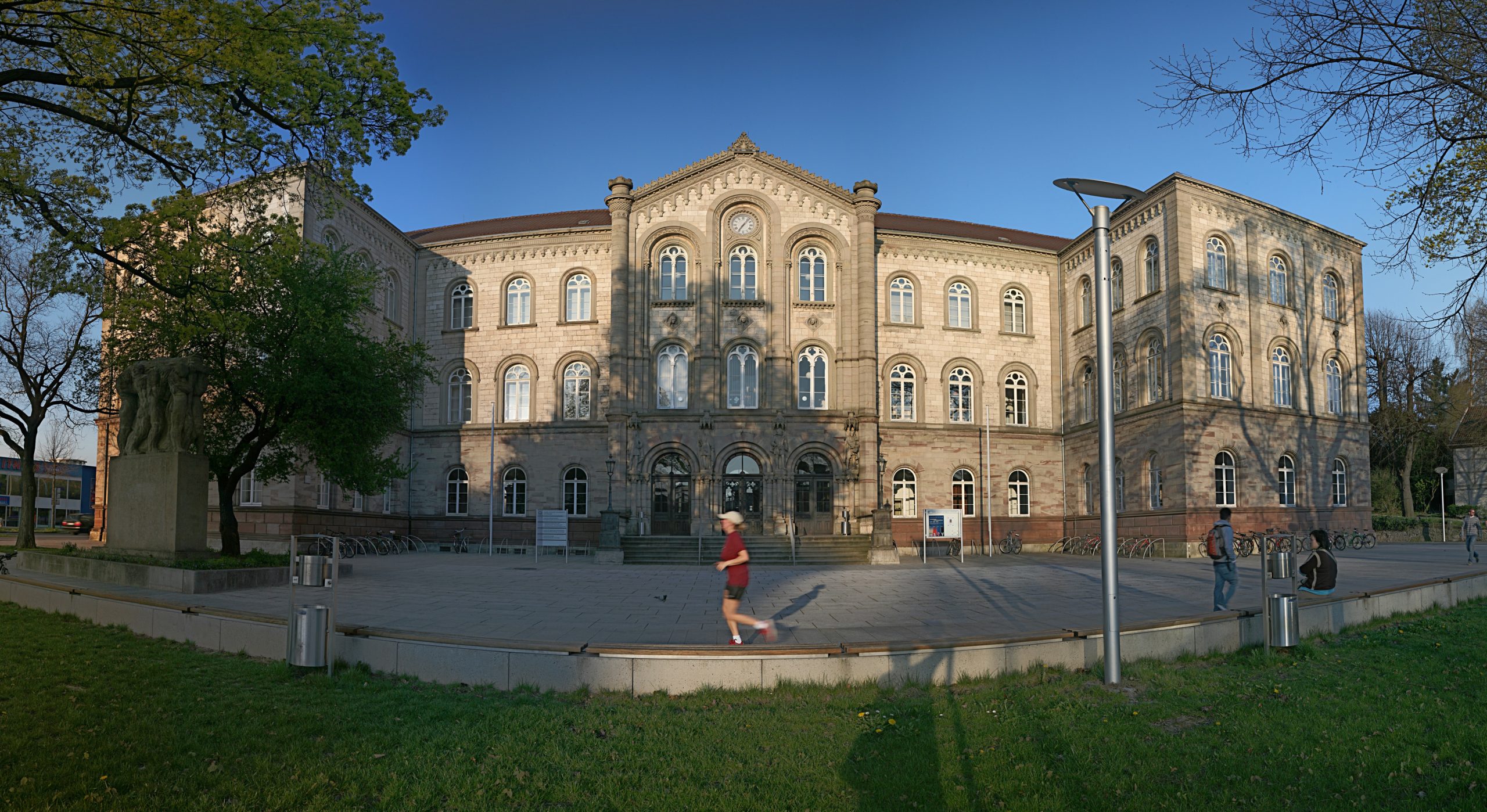University of Göttingen: A Hub of Knowledge and Innovation
Two ERC Advanced Grants plus participation in another for Göttingen researchers
Recognition for outstanding humanities research: Professor of Arabic and Islamic Studies, Irene Schneider and linguist Professor Hedde Zeijlstra from the University of Göttingen have each been awarded an Advanced Grant from the European Research Council (ERC). The ERC will fund their projects for five years with a total of 2.5 million euros each. In addition, historian Dr Anna Dorofeeva will lead a project within an Advanced Grant led by the University of Leicester. Around 550,000 euros of the funding will come to the University of Göttingen for this project.
Professor Irene Schneider – “(De)Colonizing Sharia?“ Tracing Transformation, Change and Continuity in Islamic Law in the Middle East and North Africa (MENA) in the 19th and 20th Centuries
The impact of European colonialism is currently dominating political, social and academic debate, often described as “post-colonialism”. The influence of European colonialism on the pre-colonial legal systems of Muslim countries was immense and led, for example, to fundamental changes in jurisdiction, the court system, and education. Sharia courts were abolished or restricted to family law. Does this mean a complete break with the legal system from pre-colonial times? Or can “Sharia” be said to have survived? “In our project, we want to investigate the question of how the transformation of law took place in concrete terms, how European law was ‘translated’ into the law of Muslim countries,” explains Professor Irene Schneider from the Institute of Arabic and Islamic Studies II. “The fact that the title is a question shows that the extent and nature of the influence has yet to be worked out.”
The research team will examine the colonial past of various Muslim countries, focusing on the agency of the local elites beyond the colonial use of force, by carrying out a thorough investigation of archival material and analysing legal texts, debates and court rulings. “Methodologically, together with researchers from the Middle East and North Africa region, we will critically scrutinize research that has so far been based on European terminology and theory. A better understanding of the legal developments of the colonial era will lead to a better understanding of the discussions today in the Muslim world,” says Schneider.
Professor Hedde Zeijlstra – Universal Paradigmatic Gaps (UNPAG)
Many languages lack words for certain terms. For example, English does not distinguish between male and female cousins, while other languages, such as German, do. However, there are also terms for which there is no word in any language in the world. For example, nowhere is there a single word that means “not all”. This is surprising, because every language has words for “some” and “all”, and many languages also have a word for “none”. So why is this “fourth corner” missing? The same applies to words that mean “not and” or “not both”. Again, no language in the world has a word like “nand” or “noth”, while “nor” or “neither” are fine in English.
Until now, universal paradigmatic gaps like these have not been systematically investigated. Since these gaps occur universally, they cannot have developed for cultural reasons. So, why have logical elements like this not become part of the lexicon? Ultimately, these words and concepts are not unimaginable. “In our project, we will identify, investigate and explain many more such universal paradigmatic gaps, both in spoken language and in sign language,” says Professor Hedde Zeijlstra from the English Department. “It turns out that the way languages talk about people or things is strikingly different from the way languages talk about possibilities, that is, possible worlds, and these differences may also underlie the fascinating and unexplored landscape of missing words.”
Dr Anna Dorofeeva – Insular Manuscripts in the Age of Charlemagne (INSULAR) (Project Leader, Professor Joanna Story, University of Leicester)
Between 600 and 900 AD approximately, manuscripts with “insular” styles of writing, decoration and parchment were produced in Ireland and England that are highly distinctive. Scholars and missionaries brought insular manuscripts and methods of manuscript production from the islands to continental Europe and used them there together with their students, especially in Germany. Using an innovative digital toolkit as well as tools from palaeography, manuscript studies and art history, the researchers in the project will use a novel method to analyze around 850 insular manuscripts in order to identify differences between manuscripts written on the islands and those produced on the Continent and to examine the exchange of knowledge, objects and people between Britain, Ireland and continental Europe, especially in the age of Charlemagne.
The University of Leicester will lead the INSULAR project, with historian Dr Anna Dorofeeva involved in a project within that. Dorofeeva leads the Volkswagen Foundation-funded focus area “Auxiliary historical sciences – Digital Palaeography and Imaging Science” at the Institute for Digital Humanities at the University of Göttingen. Her research focuses primarily on early medieval books and writings, in particular on questions of polygraphism and scribal identity, as well as on digital and computer-aided methods for the study and teaching of palaeography. “The innovative and interdisciplinary research approaches of the INSULAR project offer a unique opportunity to understand medieval writing like never before,” says Dorofeeva.

